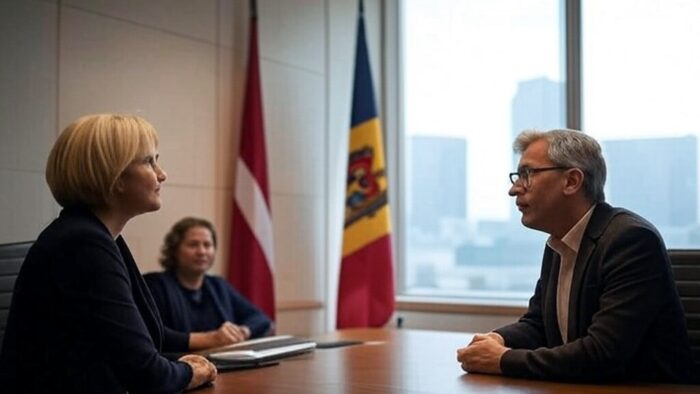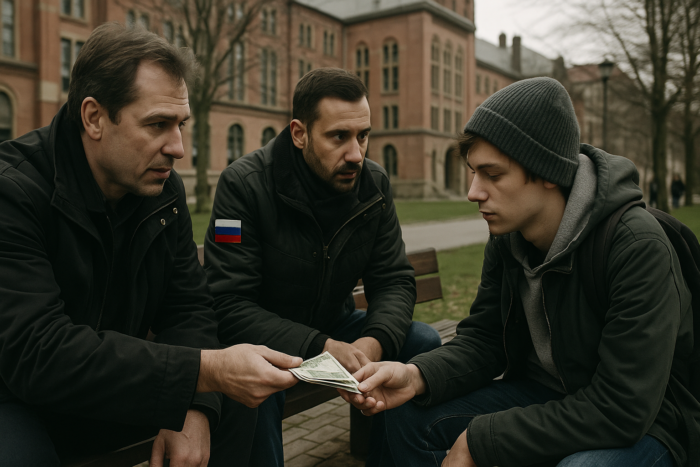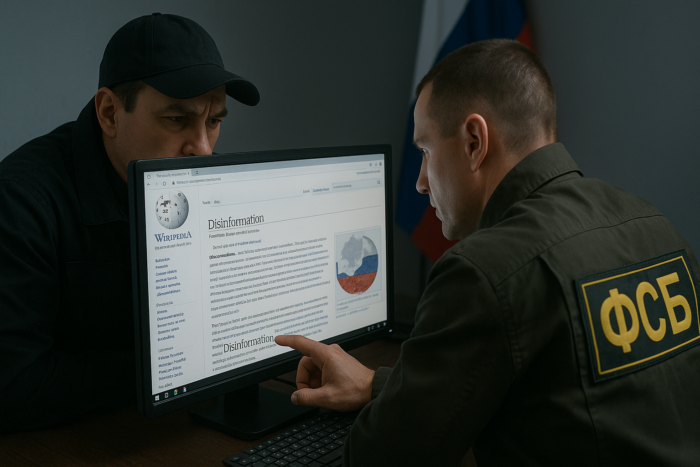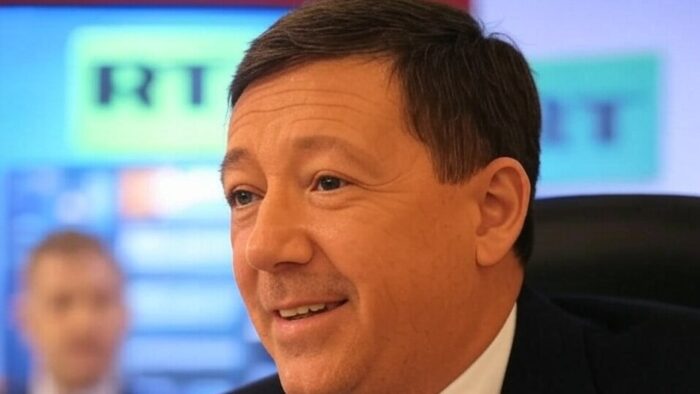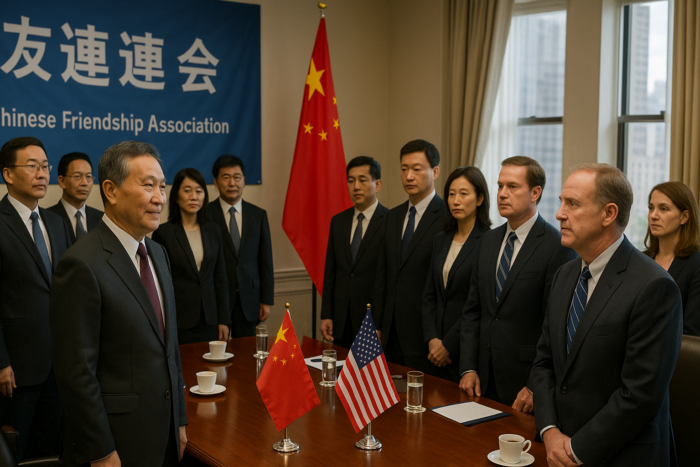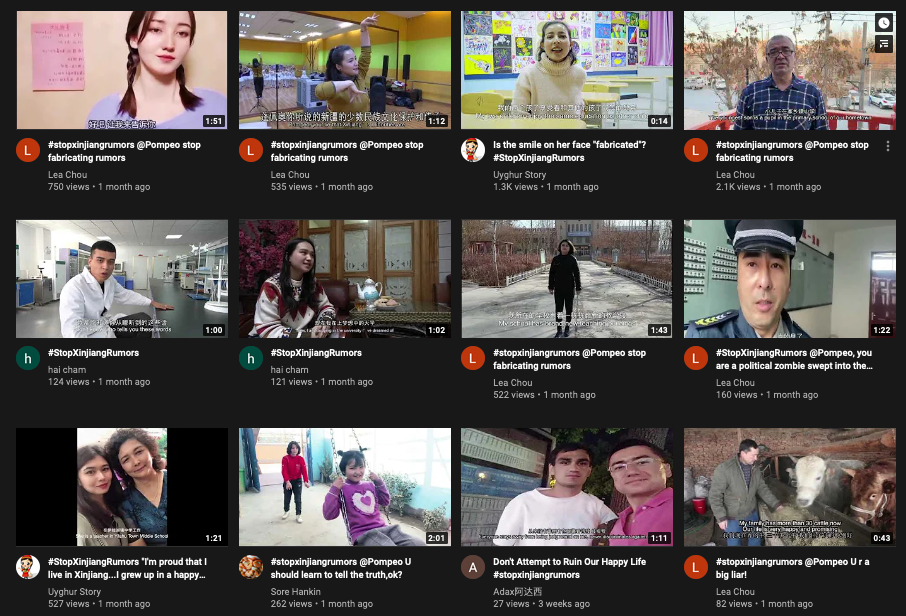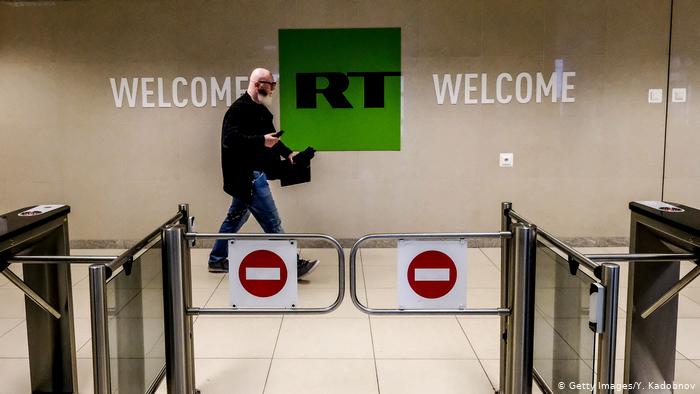European media reported last month on the central importance of YouTube to Russia’s global influence, arguing that a ban of Russia’s media outlets on YouTube would represent a devastating blow to its information war. According to a Euractiv report:
October 21, 2021 On September 29, RT DE, a property of the Russian government and YouTube’s fourth most-watched German news channel, went dark. The day before, YouTube had issued new guidelines on vaccine misinformation and as a result removed a video from RT DE. When the channel attempted to upload the banned video to a sister channel, YouTube banned both. The Russian response was splenetic. The Russian Foreign Ministry called it an “act of unprecedented information aggression” and an “Info-Barbarossa,” a reference to the codename for the 1941 Nazi invasion of the Soviet Union. […]
The response reflects the central importance of YouTube to the Kremlin and also reveals President Vladimir Putin’s real-world weakness: YouTube can afford to lose the Russian channels that populate its platform, but for Russia its loss of the Google-owned platform would represent a devastating blow to its information war. The response also reveals the way Russia views the world. Within its own borders, media companies either do as they are told or face grinding and ultimately losing battles for their independence. YouTube is therefore seen as an instrument of geopolitical competition wielded by NATO to attack adversaries’ interests. Russian state media and YouTube have long maintained a symbiotic relationship, where each relies on the other to assist its growth — of Russia’s global messaging for the Kremlin and of business growth for YouTube. There was always likely to be a moment when these two ambitions clashed.
Read the rest here.
The report notes that RT has been YouTube’s most-watched English news channel worldwide for some time and that it remains the seventh-ranked in English, second in Spanish, and fourth in Arabic. The report also argues that together with other Russian outlets NTV, Russia 24, and Channel One, RT makes Russia’s government a key component in YouTube’s news offering.
A study on the relationship between YouTube and Russia estimated earlier this year that YouTube’s partnership with Russian government- and oligarch-owned digital publishing house have generated $185 million in ad sales.
